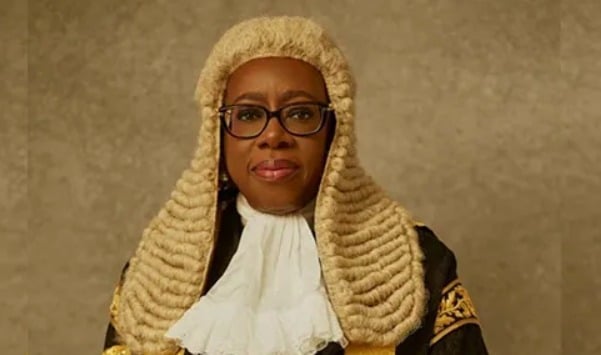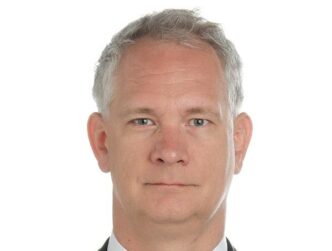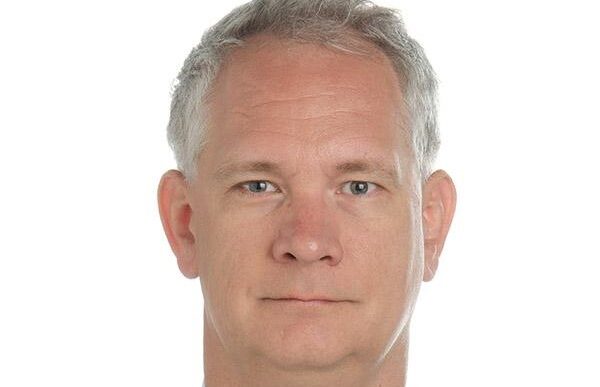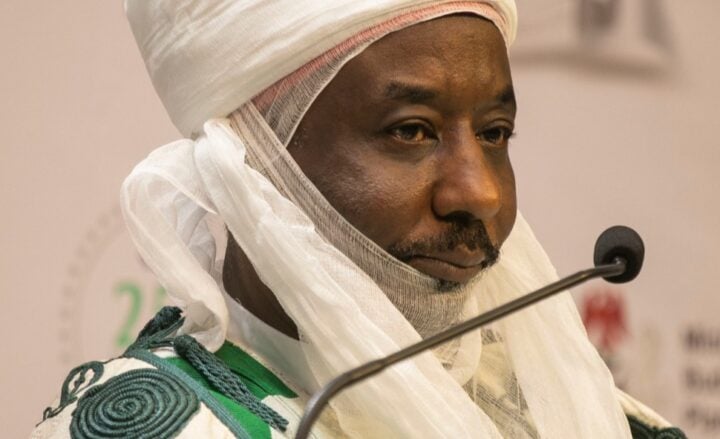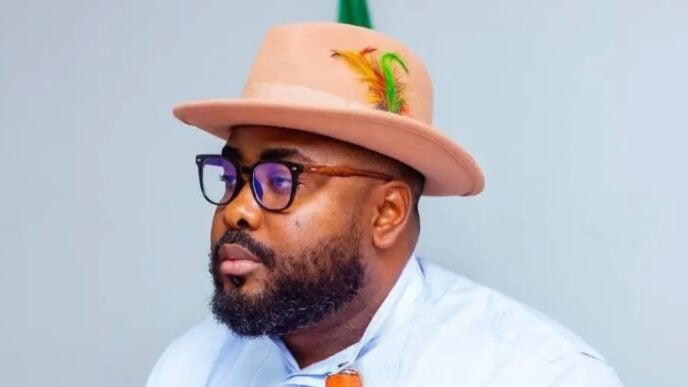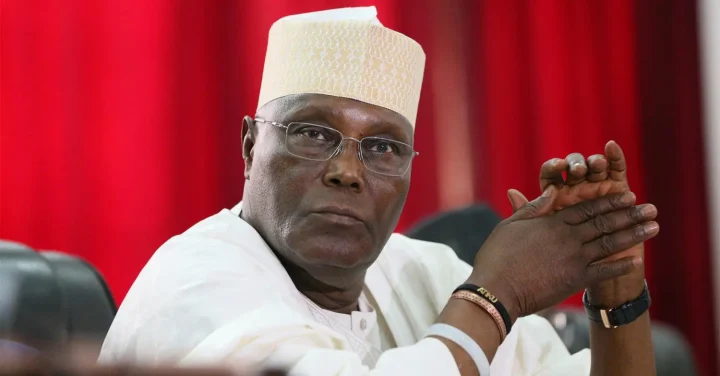Kudirat Kekere-Ekun
Kudirat Kekere-Ekun, the chief justice of Nigeria (CJN), says most Nigerian judges are morally upright and hardworking, but a minority are responsible for tarnishing the judiciary’s reputation.
Kekere-Ekun spoke on Saturday at a public discourse titled ‘Ethics, Morality, and the Law’, organised by the Movement for Islamic Culture and Awareness (MICA), a non-profit Islamic faith-based organisation.
She said that the role of legal practitioners deserves particular attention, especially in balancing the intersection of law, ethics, and morality.
Kekere-Ekun highlighted the dual role of lawyers in upholding legal standards while also honouring society’s ethical expectations.
Advertisement
“The interplay of these concepts (law, ethics and morality) has not only shaped our legal system but continues to reinforce societal norms and expectations,” Kekere-Ekun said.
“The role of the legal practitioner within this framework, merits particular attention. The lawyer, often seen as both antagonist and protagonist in the pursuit of justice, must navigate a terrain where law, ethics, and morality intersect.
“This dual role requires balancing the scriptures and the law with ethical constitutions, often containing moral and legal questions that may seem at odds. As a minister in the temple of justice, the lawyer’s commitment to justice involves upholding legal standards, while advancing principles that honour society’s ethical expectations.
Advertisement
“The essence of jurisprudence is indeed the study of this relationship between mortality, ethics and the law, especially when considering the historical distinction between courts of law and courts of equity which reflect humanity’s ongoing quest to balance justice with fairness.
“Equally significant is the perspective of the ordinary citizen who observes and assesses the extent to which ethics, morality and the law coexist harmoniously in the society.
“When clerics preach and courts dispense justice, there is an expectation that legal outcomes will reflect the ethical and moral standards that underpin societal values.
“The degree to which this alignment is achieved influences public trust in the judiciary and the law, affirming that our legal system should not only administer justice but also resonate with the community’s moral convictions.
Advertisement
“I will say the take-home from everything that has been said. As the Honourable Attorney General pointed out, and this happens in every aspect of our society, it is unfortunate that by and large our judges are morally upright, courageous, knowledgeable and hardworking, it’s just a few that are giving us a bad name.”
The event, held to mark MICA’s 30th anniversary, was also in honour of Habeeb Abiru’s elevation to the supreme court.
Other dignitaries present at the event include Babatunde Fashola, former governor of Lagos; Muhammadu Sanusi, the Emir of Kano; Konyinsola Ajayi, a senior advocate of Nigeria.
Advertisement
Add a comment

